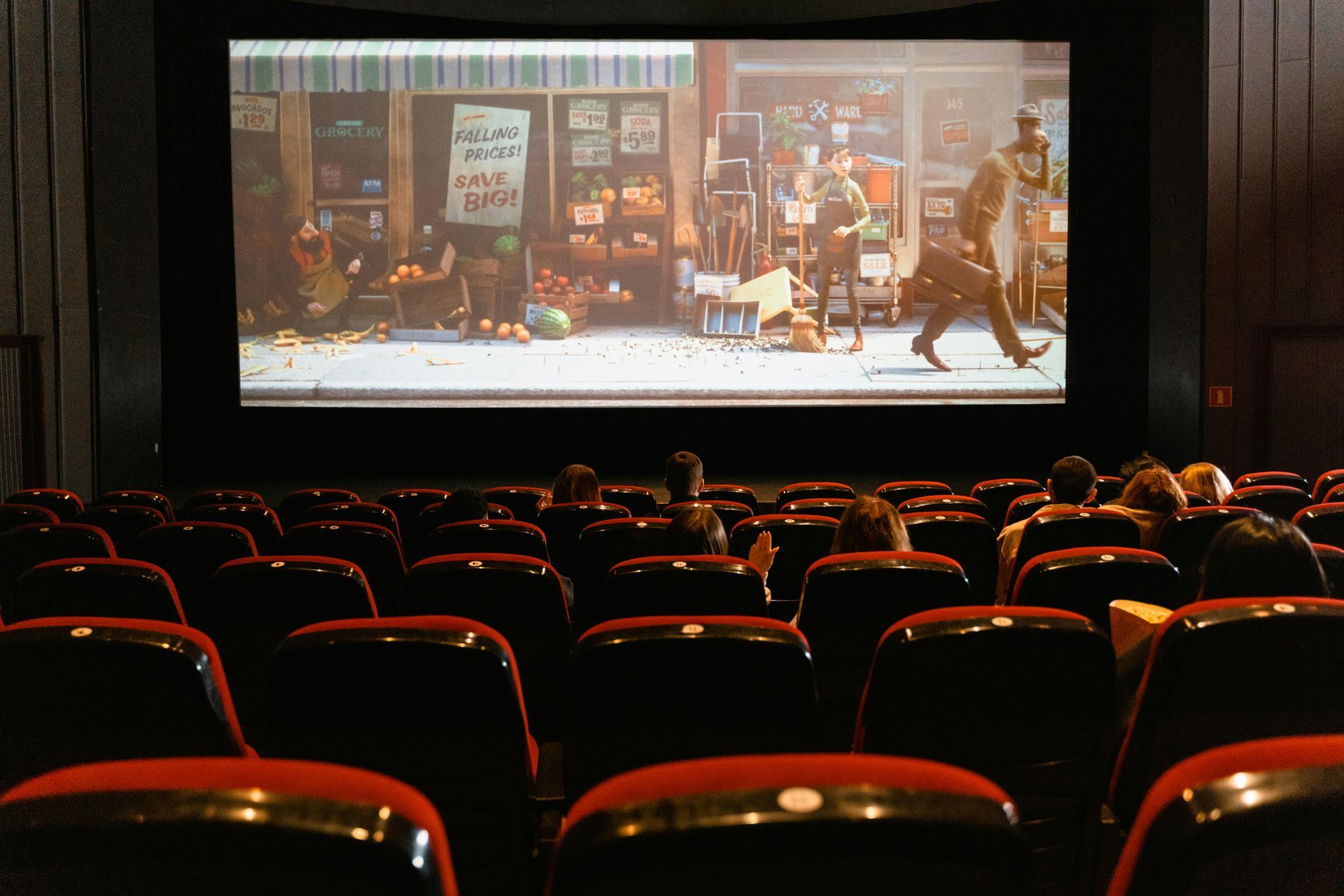The Art of Negotiation: Protecting Creativity in the Entertainment Industry
Creators often face unequal power dynamics and complex contracts that can exploit their work.

In the glittering world of entertainment, where fame and fortune often blindfold the unwary, a crucial skill can make or break a career—negotiation. Behind every star-studded contract, behind every screen credit, lies the art of navigating legal complexities to safeguard one’s creativity and intellectual property. Yet, many artists, writers, and performers overlook the importance of legal acumen, finding themselves entangled in unfavorable deals that stifle their artistic freedom.
The Power Dynamics at Play
The entertainment industry thrives on talent, yet it often operates in a way that undermines the very creators who fuel its success. Powerful production houses, record labels, and publishers may craft contracts loaded with jargon and hidden clauses, leaving creators at a disadvantage. For example, the infamous “buyout agreements” transfer ownership of creative works to corporations, leaving creators with no residual rights or future earnings potential.
This imbalance is why negotiation is not just a skill but a necessity. Armed with the right legal counsel, creators can identify red flags, demand fair terms, and retain control over their intellectual property.
Key Elements of a Fair Contract
A fair entertainment contract doesn’t just cover compensation; it ensures that creators:
- Retain Ownership Rights: Ensuring long-term royalties or residuals.
- Have Creative Control: The ability to approve or influence the use of their work.
- Understand Exclusivity Clauses: Avoid being tied down or restricted from pursuing other opportunities.
- Clarify Termination Terms: A safety net to exit unfavorable agreements.
These elements not only protect creators’ financial futures but also their legacies, empowering them to focus on their craft without fear of exploitation.
How to Advocate for Yourself
- Understand Your Value: Your talent is the foundation of the industry—own it.
- Ask Questions: Never sign anything you don’t fully understand.
- Partner with Experts: Collaborating with a lawyer specializing in entertainment law can ensure your interests are prioritized.
Why It Matters
In the digital age, where content is king and intellectual property reigns supreme, creators must stand as the ultimate guardians of their work. With tools like streaming platforms, NFTs, and global distribution at their disposal, artists have unprecedented opportunities—but only if they hold the reins to their creations.
Your creativity is your legacy. Protect it, nurture it, and never settle for less than you deserve.
